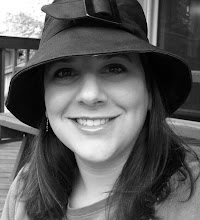Summer Goal Update
Well, that’s it. My 30th book. I met my goal just in the nick of time. (Summer ends and school starts on Monday.) I learned many valuable lessons on this journey, such as:
- I am definitely more critical of fiction than non-fiction. In my opinion, a decent novel must have an engaging, original plot, lots of imagery, superb writing style, in-depth characters, it has to make me laugh AND cry, and I have to learn something. When it comes to non-fiction, I just have to understand it and learn something.
- Everyone has a limit. Somewhere around my 24th book I had a miniature nervous breakdown, couldn’t read another page, and spent three days cleaning my closets. This made me realize that my students need breaks, too.
- You’re never too old to challenge yourself.
- While it’s important to set goals, these goals should never rob you of the enjoyment of an activity. I had to postpone several books I was interested in because they weren’t short enough to fit into my quota.
- Good books are hard to find. Out of the 30 books I read, I would have normally abandoned at least half of them after the first chapter. There were only four that I would definitely recommend to just about anyone. They are: The Five Minute Iliad and Other Instant Classics, Everything is Illuminated, Interpreter of Maladies, and Teacher Man. If you are an English Teacher and/or a person who completely devours books, I would also definitely recommend Ex Libris.
So that’s it for my summer reading. I will keep posting future books throughout the coming months, so check in once and a while, and keep those recommendations coming!

